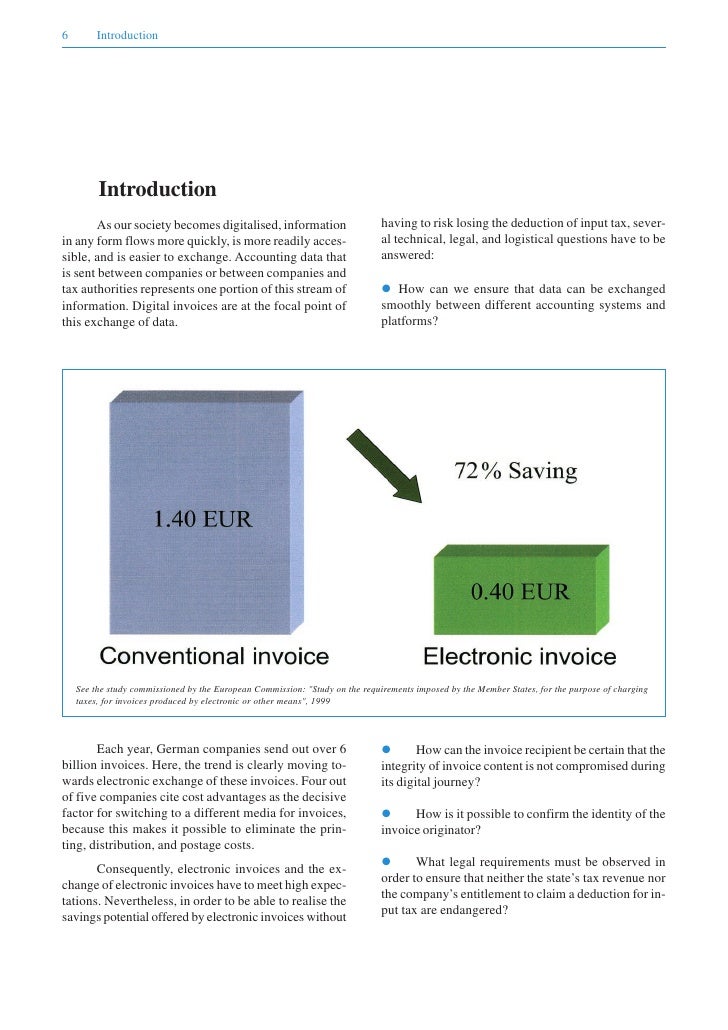

- #Electronic invoices registration
- #Electronic invoices code
The second phase was extended to include another 347 large companies, with the Ministry of Finance announcing that all large companies were required to comply before 1 July 2021. The first phase included 134 large companies that were selected to comply with the new regulation, starting from 15 February 2021.
#Electronic invoices code
The business code of the company and the code of the branch issuing the invoice. 
If the invoice is issued in a foreign currency, it should include the exchange rate as announced by the Central Bank of Egypt on the issuance date of the invoice.The unified code of the goods or services, as determined under the Unified Standard Code issued by the tax authority.Description of the goods sold or service provided.
#Electronic invoices registration
Buyer’s name, address and tax registration number (if any). Supplier’s name, address and tax registration number (if any). Invoice number, the issuance date, tax amount and the total amount due. In full, electronic invoices should include: In March 2020, the Egyptian Ministry of Finance published Decree No.188 in the Official Gazette to outline its stages for implementing e-invoicing.ĭecree No.125 followed on 8 March 2021, stating that from January 2022, businesses will not be able to deduct a VAT input tax credit on a paper tax invoice, unless the tax invoice is issued by a VAT payer that’s not yet required to apply e-invoicing at the time of supply.Īccording to the new regulation, taxpayers are therefore obliged to begin issuing e-invoices that contain the issuer’s electronic signature and a unified code for each sold good or rendered service, all of which must be authorised by the Head of the Egyptian Tax Authority. Outlining the e-invoicing journey in Egypt New requirements are now being considered by a number of tax authorities across the Middle East and Africa, with Egypt already introducing mandatory e-invoicing. One prominent example is the increasing focus on e-invoicing, which refers to the automated digital processing of invoices between buyers and suppliers. The global pandemic has provided the world’s organisations with a vast array of challenges, but it has also prompted accelerated investment in digital transformation initiatives.






 0 kommentar(er)
0 kommentar(er)
